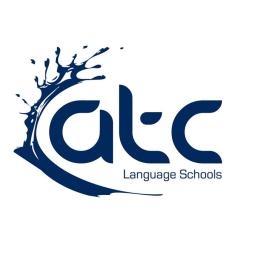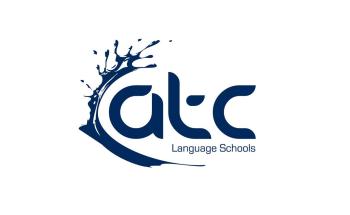
Third-party on-site course
Project-based Learning in the Digital Age
This course takes place in ATC Language Schools, our school in Ireland for international students of English and their teachers. It was developed for language teachers who are interested in project-based learning (PBL) as a methodology, and wish to further develop their competences for project-based teaching in the digital age.
15.03.2024
Next upcoming session:
01.07.2024
- 05.07.2024
Ireland
,
Dublin
,
Dublin
Description
Project-based teaching promotes learning across a broad spectrum of knowledge, skills and competences and provides an engaging context for language learning specifically. Students engaged in project work are given the opportunity to develop their 21st skills of inquiry, critical thinking, problem solving, creativity, self-direction, flexibility and leadership. They learn important communications skills of negotiation, mediation, information exchange, and goal-oriented cooperation. This course helps teachers support their students in developing these skills and competences, through English. On the course participants explore the theory and methodology behind PBL, to develop confidence in creating and implementing authentic, motivating projects with real-world contexts relevant to their students’ interests and identities. Participants learn how to successfully organize and manage a project, from the initial idea to the final project output. Throughout the course, they look at ways of using technology as a tool in project-based learning, fostering digital literacy skills in their students. Participants are supported to explore and use a variety of digital tools for collaborative project work. The course also focusses on ways to monitor and feedback on language use, and work on language development during a project cycle. Participants are assigned project work each day. The aim of the project work is to encourage teachers to explore the digital tools looked at in the lessons. Participants present a project outline on their final day, receiving feedback from the course tutors.
- Course Modules:
- Planning a Project (From Idea to Output)
- The Case for PBL
- Acquiring Content (Supporting Learners’ Research)
- Supporting Speaking and Writing
- Language Instruction in PBL
- Creating Content (Digital Tools for Project Product Creation)
- Organizing Content (Compiling Digital Portfolios of Work)
- Reflection, Feedback & Learner Autonomy in PBL
- Assessment in PBL
Learning objectives
By the end of this course teachers should be better able to:
- Create authentic, motivating project topics with real-world contexts relevant to their students’ interests and identities.
- Set clear learning objectives and success criteria for projects.
- Consider the role of language instruction in PBL.
- Help students to consider a challenging problem to solve or question to answer.
- Create strong driving questions to initiate and focus projects.
- Create project flowcharts and checklists to support the successful implantation of projects.
- Support students digitally to research, mediate and acquire information through English.
- Support students to create visual, written and spoken digital content and digital project artifacts through English.
- Support students digitally to organize and store project artifacts and to present project output.
- Consider approaches to assessment in PBL.
- Encourage and foster reflection, providing students with opportunities throughout a project cycle to reflect on what and how they are learning.
- Encourage and foster student autonomy by supporting students to make choices about what they create, and how they work collaboratively and individually.
- Include processes in the project design to enable students to give and receive feedback on their work.
Methodology & assessment
The course is run over one week and consists of 20 hours of onsite training with course trainers plus 10 hours of self-directed project work. The approach is very-much communicative and goal-oriented with teachers working in groups to complete project tasks. On Day 1 teachers choose a project outline and consider its main components. They then choose a small ‘slice’ of that project to develop into a final artifact for presentation. The aim of the project work is to encourage teachers to explore the digital tools looked at in the lessons and use them to work on their project slice, which they will present on their final day. Teachers are given feedback on their project work during the week, and on their final presentation. Teachers will also be asked to record their reflections on their work, and on the processes involved.
Pricing, packages and other information
-
Price:450Euro
-
Package contents:Course
Additional information
-
Language:English
-
Target audience ISCED:Lower secondary education (ISCED 2)Upper secondary education (ISCED 3)Post-secondary non-tertiary education (ISCED 4)
-
Target audience type:TeacherStudent TeacherTeacher Educator
-
Learning time:25 hours or more
Upcoming sessions
More courses by this organiser

Organisation picture
Organised by
ATC Language Schools

Organisation picture
Organised by
ATC Language Schools

Organisation picture
Organised by
ATC Language Schools

